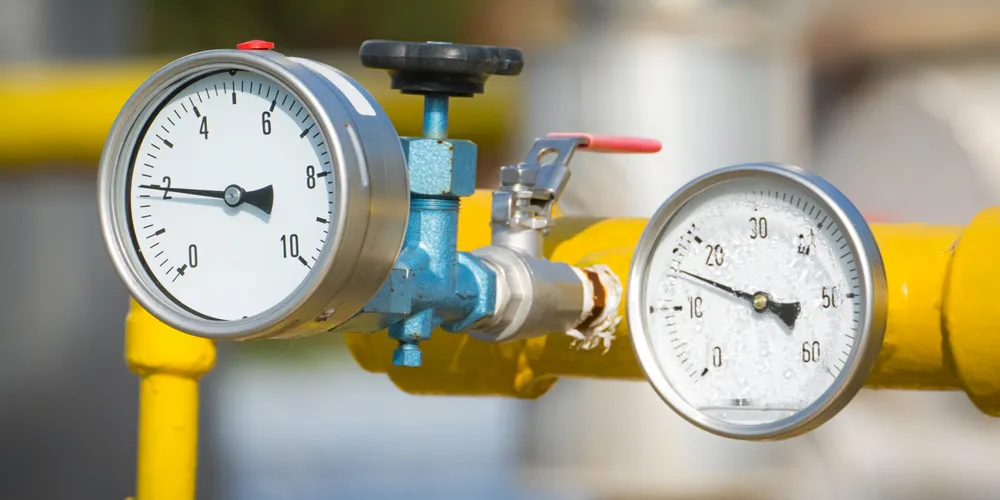Hydrogen blending in gas grid would lead to 'limited CO2 benefits and a large increase in energy costs': Irena
Adding green H2 to networks would equate to emissions abatement costs of more than $500 per tonne of carbon dioxide, study calculates

Plans by fossil gas companies to blend hydrogen into natural gas grids will drive up energy costs while delivering minimal greenhouse gas (GHG) reductions, according to a new report by the International Renewable Energy Agency (Irena).
In addition to concerns over cost and the limited climate benefits, Irena explains that there are significant technical issues with hydrogen blending.
“Each component of the gas network has a different tolerance to hydrogen. The limit for the network is defined by its least tolerant component. Existing has turbines, compressors, metering equipment, CNG [compressed natural gas] tanks and industrial users are among the most sensitive components.
“Most downstream [gas] users are tolerant to a few percentage points of hydrogen… This means that if any of these applications is on the network, the blending limit will be low.”
Similarly, “once the hydrogen is mixed into the grid, it cannot be directly used as hydrogen (eg, for fuel cells)”, the report adds.
“There are multiple technologies available for separating the hydrogen from the natural gas (eg, pressure swing adsorption, membranes, cryogenic separation), but this comes at a relatively high cost that makes it unattractive. The cost is at least $1.5/kg [of hydrogen] in the best case and around $7-8/kg for a more realistic case.”
Other challenges include the seasonality of gas demand — more is used in winter for heating, while the hydrogen supply would be relatively fixed all year; a lack of regulation and quality standards for hydrogen/methane mixes; varying blending limits in different regions due to the natural variations in fossil gas; and the fact that blending has not yet been proven at scale.
The study concludes by dismissing hydrogen blending as a useful tool in the climate fight “as the challenges outweigh the benefits”.
“The existing body of research suggests blending hydrogen with natural gas for use in buildings or for power generation is highly inefficient and does little to reduce GHG emissions,” said the Energy Innovation report. “Instead, it might thwart more viable decarbonization pathways while increasing consumer costs, exacerbating air pollution, and imposing safety risks.”
Critics believe blending to be little more than greenwashing by gas distributors and producers as part of a bid to extend the use of fossil fuels and allow an ultimately unsustainable business model — in climate terms — to continue in the short to medium term.
(Copyright)